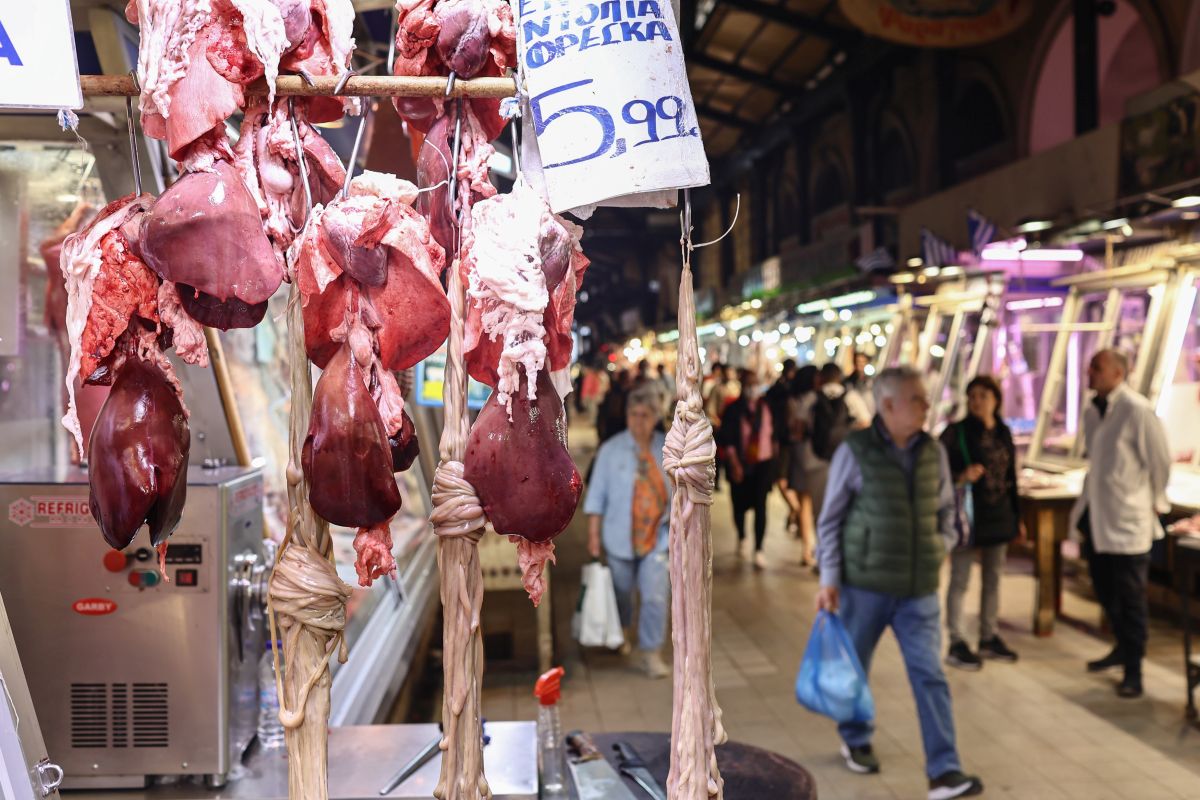With Greek Orthodox Easter just around the corner and households preparing to purchase lamb and eggs, as per tradition in the country, the Hellenic Food Authority (EFET) has issued advice for citizens to guide their purchase and storage of meat and eggs.
Meat
Specifically, lamb, which is normally bought in its entirety or in half, should bare an egg-shaped stamp, as this indicates that the meat has passed proper inspection procedures.
Animals that have been slaughtered for consumption in Greece will have a turquoise seal that has a number in the center of the circle and a GR stamped on it, for Greece.
If it originates from another EU country the seal will be a different color and bare the initials of that country.
EFET also reminds citizens that the meat should be stored at the appropriate temperature and raw meats should be kept well away from fruits and vegetables in the fridge.
Eggs
Eggs are at the center of the Greek Orthodox tradition, as they can be found in bright colors, traditionally red, on the holiday dinner table.
However, eggs can also be a big source of salmonella, a bacterium that can lead to food-borne illness.
EFET encourages people to double check that the eggs are fresh and says they should not be washed before storing in the refrigerator.
Once eggs are boiled, they need to be refrigerated within two hours of boiling and stored away from raw eggs.
The food authority also cautions households to double check that any dyes they plan to use are safe for use on food.






